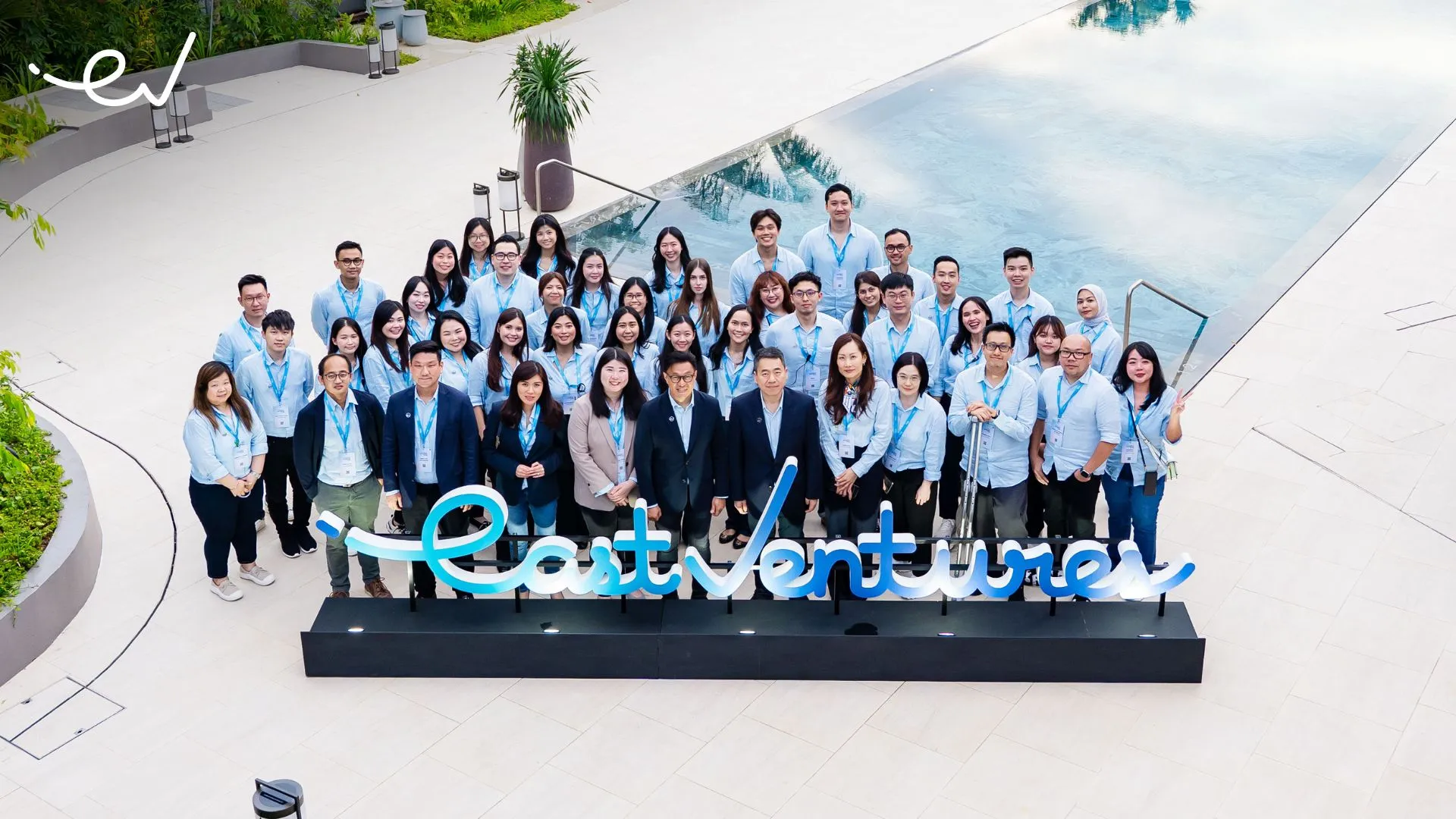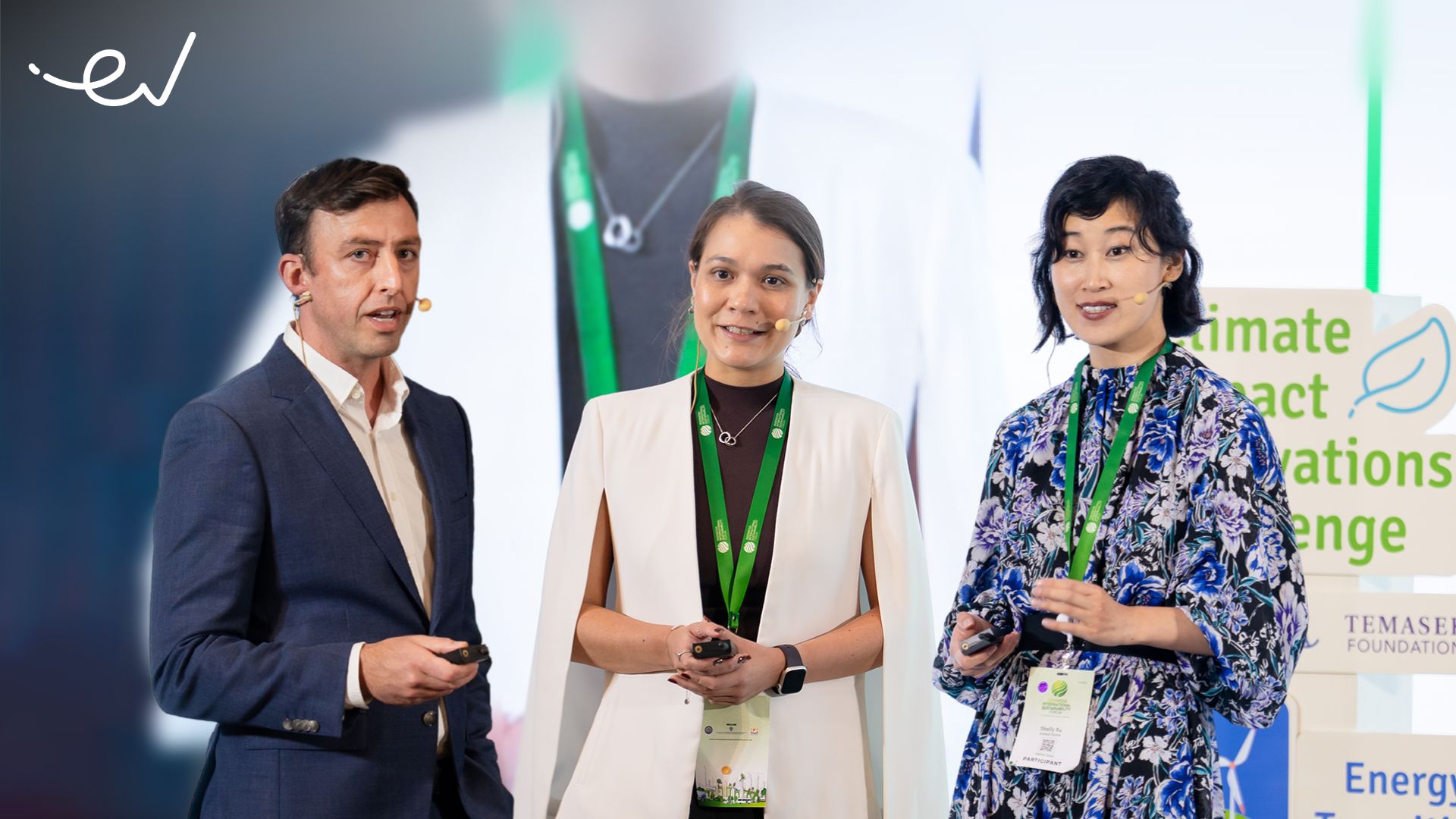Driven by a thriving digital economy and accelerated by the COVID-19 pandemic, the Southeast Asian venture capital landscape has undergone rapid growth over the past couple of years. As the landscape evolved, an increasing focus on sustainable investments and impact-driven funds has also emerged.
In today’s business landscape, environmental, social, and governance (ESG) practices have become more than just a reporting requirement—they are a fundamental pillar of long-term resilience.
Regardless of the size or sector, companies are increasingly evaluated not only on financial results but also on their responsible resource management, employee treatment, and commitment to transparency.
The ESG landscape, as it suggests, goes beyond climate or green investments alone. It encompasses a broader scope, holding businesses accountable across various dimensions—from ethical governance and risk management to inclusivity, labor practices, and community impact.
Integrating ESG into operations, whether it is a global corporation or a small enterprise, fosters trust, enhances competitiveness, and future-proofs businesses against evolving stakeholder expectations, ultimately making them sustainable for the long term.
As one of the most active VC (venture capital) firms in Southeast Asia, East Ventures is playing a pivotal role in molding this landscape to shape—backing great entrepreneurs and their businesses that not only deliver strong financial returns, but also generate positive impact on the environment and society.
The recent Sustainability Report released by the firm shows how East Ventures fosters innovation in various industries that are creating a better future for all.
From decarbonization to digital inclusion and welfare betterment, the Southeast Asia VC is contributing to global goals through domestic opportunities.
Here are six ways VC investment is transforming Southeast Asia’s future.
1. Backing climate innovations for Southeast Asia’s energy transformation
The Indonesian government has set ambitious decarbonization goals, with a commitment to achieving net zero emissions by 2060 or sooner. Many initiatives, such as the JETP (Just Energy Transition Partnership) and carbon credit mechanisms, aim to accelerate this transition, fueling momentum for the nation’s climate tech sector.
East Ventures is a proud backer of climate tech startup pioneers who are creating real-world solutions: Xurya, Maka Motors, Arukah, and more.
To date, Xurya has helped more than 100 Indonesian commercial and industrial buildings to go solar, playing a key role in strengthening Indonesia’s solar ecosystem.
MAKA Motors designs EV2W (electric vehicle 2-wheeler) specifically tailored and suited to the preferences and riding habits of Indonesian consumers. After three years of rigorous research and development, MAKA launched its first product—the MAKA Cavalry.
Arukah, on the other hand, partners with smallholder farmers by implementing standardized project protocols, offering a 50% and building systems for end-to-end traceability and transparent, real-time carbon data reporting.
Read more about their impact on East Ventures’ Sustainability Report 2025.
East Ventures has also collaborated with Singaporean philanthropic organization, Temasek Foundation, for three consecutive years to present the Climate Impact Innovations Challenge, Indonesia’s largest climate tech innovations competition, in empowering tech innovators to showcase their sustainable solutions.
2. Driving digital inclusion across emerging markets
As Southeast Asia’s most active VC, East Ventures remains at the forefront of promoting sustainable growth through digital inclusion.
Taking a deep dive into Indonesia, millions still lack access to the internet and digital tools. To achieve that, it is imperative that all stakeholders, including government bodies, the private sector, and local communities, actively participate and collaborate.
Aside from investing in startups that bridge the digital divide and offering connectivity to digital literacy, East Ventures has collaborated with Katadata Insight Center for the sixth year in a row, to launch its annual report, East Ventures – Digital Competitiveness Index (EV-DCI) 2025, titled “Driving AI and innovation to enhance Indonesia’s digital competitiveness.”
The EV-DCI 2025 offers data on digital competitiveness across 38 provinces and 157 cities/regencies in Indonesia. Reports from 2020 to 2025 indicate a consistent improvement in interprovincial digital competitiveness.
The EV-DCI score has increased from 35.2 in 2022 to 38.8 this year, indicating a narrower digital competitiveness spread among provinces and steady progress toward greater regional digital equity.
The report notes that the most significant improvements seen are the increased percentage of workers using the internet and the expansion of 3G and 4G coverage in villages.
3. Strengthening health and wellbeing through innovation
East Ventures is passionate about bringing healthcare to society at all layers and driving healthtech innovation across the region.
Digitalization plays an important role in transforming global and national healthcare with rising demand for personalized care. Innovations that change how we diagnose, treat diseases, and deliver health are in urgent need.
East Ventures has disbursed investments in multiple healthcare subsectors, including genomics, personalized care, biotechnology, and mental health.
This includes Nusantics, Indonesia’s most established precision molecular diagnostics company; NalaGenetics, which provides personalized healthcare in Indonesia with advanced genomic solutions; Nexmedis, which offers an AI-powered Health Information System designed to improve healthcare system efficiency; and more.
Read more about their impact on East Ventures’ Sustainability Report 2025.
East Ventures has also collaborated with the Ministry of Health of the Republic of Indonesia on various initiatives, including donations to the BGSi (Indonesia’s Biomedical and Genome Science Initiative) and support for two Health Innovation Sprint Accelerator editions.
4. Shaping the future of sustainable logistics
A report from The Insight Partners showed that Southeast Asia’s logistics market value is projected to reach US$55.7 billion by 2025, reflecting a 5.5% growth from 2018 to 2025.
Fueled by the rise of e-commerce, tech-savvier consumers now demand faster and more efficient delivery systems. Logistics providers are harnessing AI and automation for speedier delivery and better transaction security.
Not only that, logistics players also began to adopt eco-friendlier initiatives such as electric fleets and green warehousing.
East Ventures is actively investing in the sector, backing players such as waresix that is addressing the inefficiencies in Indonesia’s logistics landscape with an integrated platform powered by proprietary AI and digital tools.
waresix is creating a more efficient logistics value chain that will not only reduce regional price disparities but also emissions and increase the livelihood of more than 200,000 SME logistics companies.
Looking at the macro, Southeast Asia’s intricate logistics scene also faces inefficiencies such as low asset utilization and disproportionate operating costs.
Philippines-based Inteluck has introduced a technology-driven logistics operating model that integrates smart delivery systems, dynamic pricing mechanisms, and automated workflows within a unified platform.
Read more about their impact on East Ventures’ Sustainability Report 2025.
5. Redefining how Southeast Asian students learn beyond the classroom
Despite post-pandemic challenges, edtech investments in Southeast Asian countries like Indonesia, Singapore, and Vietnam continued to gain traction.
Leading edtech players in the region have identified three key factors that are driving growth in the sector: hybrid learning models, AI integration, and gamification, to ensure equitable access to and distribution of quality education across the region.
Pioneers like Ruangguru, Prep, and Zenith are leading the edtech revolution in the region with innovative, real-world solutions. For instance, Ruangguru offers a combination of self-learning platforms, live teaching, AI-powered tools, and hybrid learning centers in 120+ cities.
Vietnam’s Prep also utilizes AI in its learning platform, offering continuous, personalized practice with instant feedback, helping learners build core skills independently and more effectively.
Meanwhile, Zenith (Zenith Learning Group) supports educators by providing meaningful tools and platforms to enhance student engagement—from a comprehensive learning management system to digital teaching resources.
Read more about their impact on East Ventures’ Sustainability Report 2025.
6. Measuring and reporting impact beyond financial returns
East Ventures’ Sustainability Report demonstrates how profit and purpose can coexist by presenting quantifiable results in areas like carbon reduction and job creation, responding to investors’ increasing demand for transparent sustainability outcomes.
The report is guided by the GRI Standards, SASB framework, and TCFD framework, ensuring a comprehensive and structured approach to ESG topics that matter most to its investors.
At East Ventures, we actively encourage businesses across all sectors to measure and understand their broader impact. Calculating carbon emissions is a practical initial step towards building a sustainable and responsible company, as visibility is key.
ECOVISEA is a free web-based global greenhouse gas (GHG) calculator that helps companies calculate and measure their environmental impact.
Companies can gain actionable insights into their environmental footprint, setting the foundation for more informed decision-making and long-term ESG integration.
The Southeast Asia VC landscape is no longer just about funding growth—it’s about shaping a resilient, inclusive, and sustainable future. East Ventures continues to champion startups that drive both economic value and social impact.
Read more about East Ventures ecosystem impact from our latest Sustainability Report.







